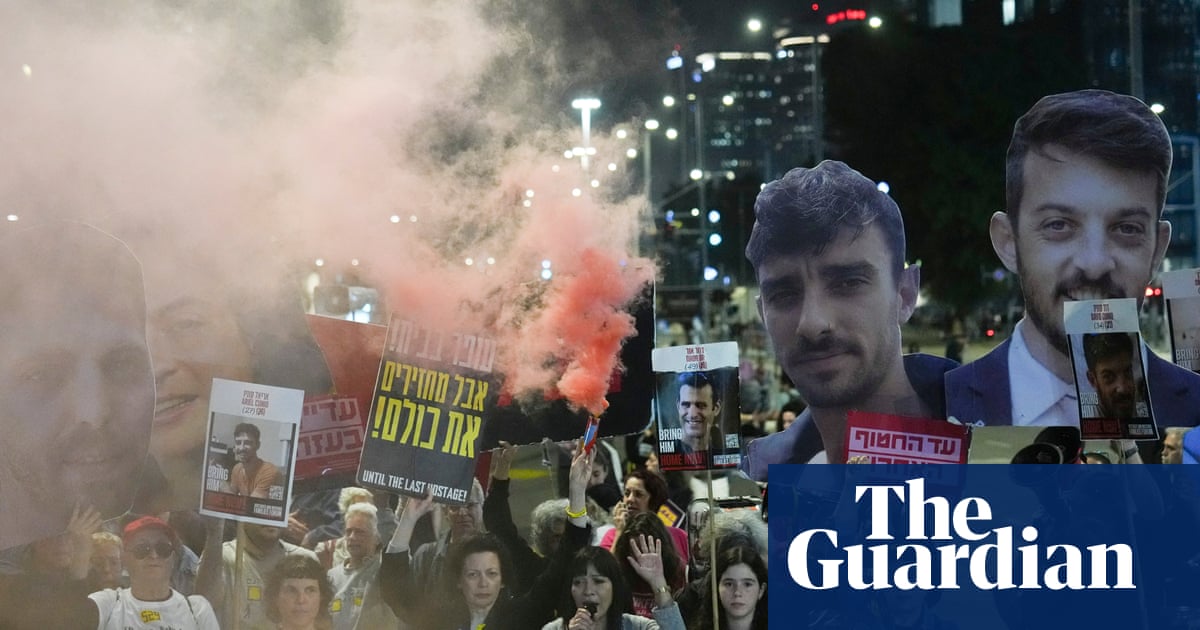(Image Credit: Getty)
On March 25, Israeli Prime Minster Benjamin Netanyahu’s government passed its long-delayed 2025 budget. Had the vote failed, it would have automatically triggered snap elections — an outcome Netanyahu appears politically incapable of surviving.
While Israel cited stalled hostage negotiations and ongoing security threats as reasons for ending the U.S.-backed ceasefire in Gaza, Netanyahu’s decision to resume large-scale military operations just days before the vote also appeared aimed at shoring up support from far-right coalition partners such as Itamar Ben Gvir. The budget, framed explicitly by Finance Minister Bezalel Smotrich as a “war budget,” includes record levels of defense spending and a dramatic increase in funding for Israeli public diplomacy, a nod to the government’s attempt to counteract ongoing international condemnation of Israel’s military actions in Gaza.
The breakdown of ceasefire talks between Israel and Hamas has been widely blamed on Hamas intransigence, with Israeli spokesman Eylon Levy and others, including Trump aide Steve Witkoff on the Tucker Carlson Show, claiming Hamas refused to negotiate. Yet the record shows a different sequence: Israel introduced new terms during phase two of the talks — terms that had not been agreed to — and demanded unilateral acceptance.
The Israelis made this shift without coordination with mediators or the other side, appearing to reject the original framework that Hamas had agreed to based on verbal guarantees from U.S., Egyptian, and Qatari mediators. Despite this, Israel withdrew from negotiations and launched airstrikes across Gaza on March 18, killing more than 400 people in a single night. The White House later confirmed it was consulted in advance, raising questions about the depth of U.S. involvement and endorsement.
The timing of Israel’s decision to unilaterally end the ceasefire also raises questions about the extent to which Netanyahu’s political agenda drove the renewal of the war.




